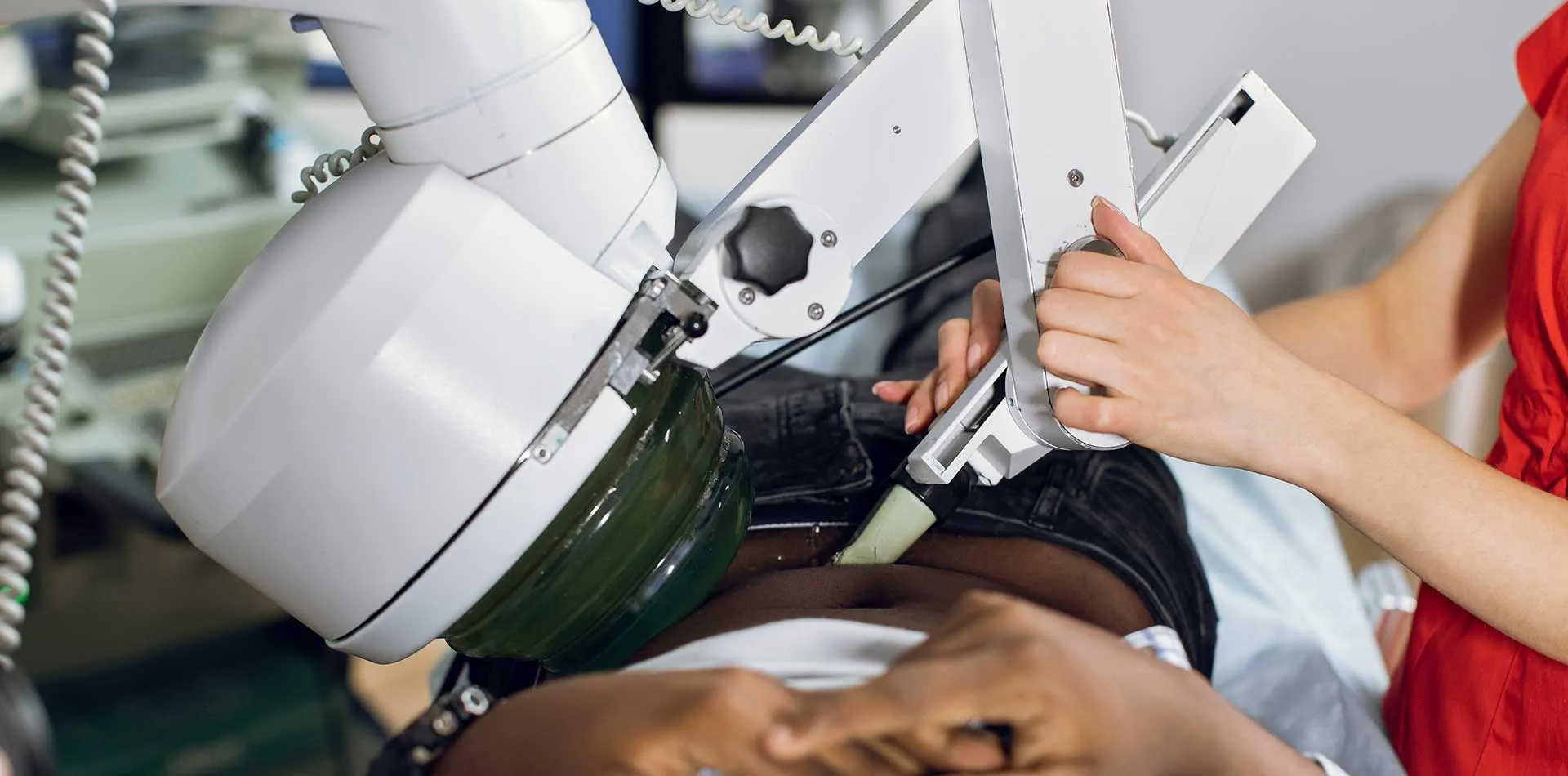Bladder stones happen when minerals in concentrated urine crystallize and clump together in the bladder; medically, it's called bladder calculi.
It forms hard minerals in the bladder like stones develop, which often occurs when you have trouble completely emptying the bladder.
The smaller bladder stones usually pass without any treatment, but sometimes bladder stones may require medications or surgery. The condition, when left untreated, results in infections and other complications.
Understand the symptoms
Many times bladder stones, even large ones, don't cause any problems. But sometimes, when the stone irritates the bladder wall or blocks the flow of urine, it may lead to lower abdominal pain, frequent urination, pain during urination, difficulty urinating or interrupted urine flow, blood in the urine and cloudy or abnormally dark-colored urine.
Know the causes
Bladder stones may occur when the bladder doesn't empty, causing the urine to become concentrated urine, and then it gets crystallized and form stones.
Some underlying conditions can alter the bladder's ability to hold, store, or pass urine, resulting in bladder stone formation. Some infections or any foreign materials present in the bladder may also cause bladder stones.
The most common conditions are:
• Prostate gland enlargement. An enlarged prostate (benign prostatic hyperplasia condition, or BPH) may lead to bladder stones in men. An enlarged prostate may prevent the flow of urine, preventing the bladder from emptying fully.
• Damaged nerves. Usually, nerves carry messages from the brain to the bladder muscles, directing the bladder muscles to tighten or release. When these nerves are damaged because of a stroke, spinal cord injury or other health problem, the bladder may not empty fully, known as neurogenic bladder.
Other possible reasons for bladder stones are:
• Inflammation. Bladder inflammation can lead to bladder stones, sometimes because of urinary tract infections or radiation therapy to the pelvis.
• Medical devices. Bladder catheters, slender tubes inserted through the urethra to support urine drain from the bladder, can lead to bladder stones. Also, when objects accidentally migrate to the bladder, like a contraceptive device or urinary stent. Mineral crystals that later become stones start to form on the surfaces of these devices.
• Kidney stones. Stones that form in the kidneys are not the same as bladder stones, and these develop in different ways. Small kidney stones can move down the ureters into the bladder and, if not expelled, they may grow into bladder stones.
Recognise the risk
Men, mainly above 50, are more likely to have bladder stones. Some conditions that raise the risk of bladder stones are:
• An obstruction. Conditions that obstructs urine flow from the bladder to the urethra — the tube that carries urine out of the body may form a bladder stone. People with an enlarged prostate are at risk.
• Nerve damage. Stroke, Parkinson's disease, spinal cord injuries, diabetes, a herniated disk, and many other health conditions can damage nerves that control bladder function.
Sometimes people may have nerve damage and a bladder outlet obstruction together, further increasing the risk of stones.
Associated complexities
When bladder stones don't pass, even those that don't cause symptoms, it may lead to complications, such as:
• Chronic bladder problems. Untreated bladder stones may lead to long-term urinary difficulties, such as pain or frequent urination. Bladder stones may remain in the opening where urine exits the bladder into the urethra and blocks urine flow.
• Urinary tract infections. Bladder stones may cause repeated bacterial infections in the urinary tract.
Measures for prevention
You may reduce the chances of bladder stones by following these tips:
• Talk to the doctor about any abnormal urinary symptoms. Early diagnosis and treatment of any urologic condition and enlarged prostate will lessen the risk of developing bladder stones.
• Drink plenty of fluids. Drinking plenty of liquids, mainly water, helps prevent bladder stones because fluids dilute the concentration of minerals in the bladder. However, much water to drink may vary based on age, size, health and level of activity. Ask the doctor what's an appropriate amount of fluid for you.
